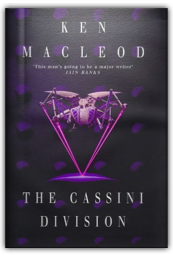
With his third novel, Ken MacLeod elaborates further on the future timeline of his first two, The Star Fraction (1995) and The Stone Canal (1996). Most relevant is book two, which established a colony on the remote world New Mars via a spatial wormhole created by superhumans—transcendent machine-hosted intelligences called the "fast-folk". The original fast-folk crashed from too much contemplation of their metaphorical navels, but their descendants on Jupiter still harass Earth with virus transmissions that have killed off computers and the Internet. Enter black heroine Ellen May Ngwethu of the Cassini Division, an elite space-going force created to defend against the fast- folk. Her wild doings in the 24th century's anarcho-socialist utopia make for fun reading— everyone will covet her smart-matter clothing that can become a spacesuit, combat outfit, evening gown or satellite dish at will. But Ellen's and the Division's political philosophy is brutally tough, with alarming plans to use a planet-wrecking doomsday weapon against "enemies" who may not in fact be hostile. In a climax of slam-bang space battle, MacLeod crashes the ongoing ethical debate into a brick wall and leaves you gasping. Witty, skilful, provocative, and just a trifle too glibly resolved. —David Langford |

Links and Weaver are game zone rivals, notching up alien kills by the dozen, but when the police start to take an interest in the Cydonia conspiracy site, they join forces. And this is only the beginning of their problems. 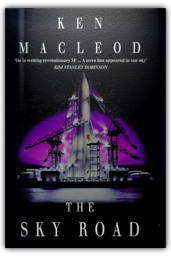
In the sequence that started with The Star Fraction, MacLeod has created a future history whose crucial event was left-wing students arguing about anarchism in the 70s. And on this turns the destruction and renaissance of civilisation, here and elsewhere in the human galaxy. In his fourth book, he productively fills in some of the gaps—this is the story of Myra, Trot turned entrepreneur, whose nuclear deterrence-for-hire is so crucial to the event known by some as the Fall and others as the Deliverance. It is also the story of young Clovis, part-time worker in the yard that is building the first space-ship for centuries, part-time scholar trying to find out what Myra the Deliverer was really like. MacLeod's quirky and intelligent take on the world of power politics, and the paradoxes that arise when ideology is made praxis, and his charmingly cynical gift for engaging and engaged protagonists, are something to which the SF audience has become used. What this book also has is a profound sense of the beauty of a simpler and stiller world; MacLeod's real gift is his capacity to see all sides of a question, even when he is sure of the answer. —Roz Kaveney 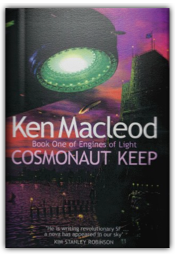
Like a British—specifically, Scots—counterpart of Bruce Sterling, Ken MacLeod is an SF author who has thought hard about politics and delights in making unlikely alternatives plausible, grippingly readable and often downright funny. 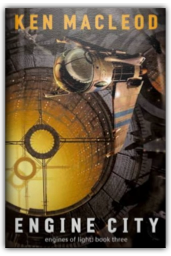
Engine City completes Ken MacLeod's "Engines of Light" trio of sophisticated, politically astute space operas. Previous volumes were Cosmonaut Keep and Dark Light. 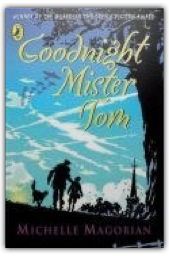
The gruff and surly Mr Thomas Oakley is less than pleased when he is landed with a scrawny little city boy as a guest, but because it is compulsory that each villager takes in an evacuee he reluctantly agrees. It soon becomes obvious to Mister Tom that young Willie Beech is hiding something, and as the pair begin to form an unlikely bond and Willie grows in stature and in confidence he begins to forget the past. But when he has to return to war-torn London to face his mother again he retreats into his shy and awkward ways once more. 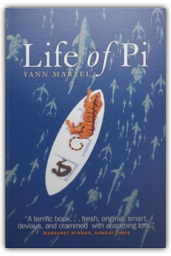
Some books defy categorisation: Life of Pi, the second novel from Canadian writer Yann Martel, is a case in point: just about the only thing you can say for certain about it is that it is fiercely and admirably unique. The plot, if that's the right word, concerns the oceanic wanderings of a lost boy, the young and eager Piscine Patel of the title (Pi). After a colourful and loving upbringing in gorgeously-hued India, the Muslim-Christian-animistic Pi sets off for a fresh start in Canada. His blissful voyage is rudely interrupted when his boat is scuppered halfway across the Pacific, and he is forced to rough it in a lifeboat with a hyena, a monkey, a whingeing zebra and a tiger called Richard. That would be bad enough, but from here on things get weirder: the animals start slaughtering each other in a veritable frenzy of allegorical bloodlust, until Richard the tiger and Pi are left alone to wander the wastes of ocean, with plenty of time to ponder their fate, the cruelty of the gods, the best way to handle storms and the various different recipes for oothappam, scrapple and coconut yam kootu. The denouement is pleasantly neat. According to the blurb, thirtysomething Yann Martel spent long years in Alaska, India, Mexico, France, Costa Rica, Turkey and Iran, before settling in Canada. All those cultures and more have been poured into this spicy, vivacious, kinetic and very entertaining fiction. —Sean Thomas 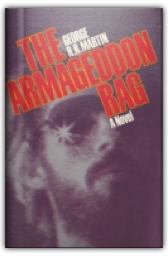
Onetime underground journalist Sandy Blair has traveled far from his radical roots in the ’60s—until the bizarre and brutal murder of a millionaire rock promoter draws him back. As Sandy sets out to investigate the crime, he finds himself on a magical mystery tour of the pent-up passions of his generation. For a new messiah has resurrected the once legendary rock band Nazgûl—but with an apocalyptic new beat that is a requiem of demonism, mind control, and death only Sandy may be able to change in time. . . . 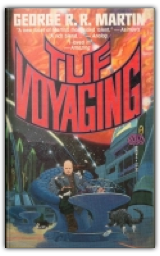
From the multiple award-winning, best-selling author of The Song of Ice and Fire series: |

Mike Scott
Collection Total:
4227 Items
4227 Items
Last Updated:
Feb 21, 2010
Feb 21, 2010


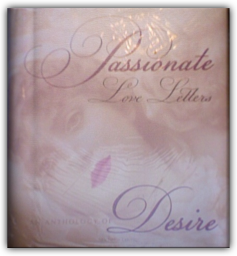
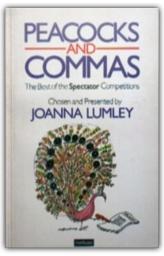
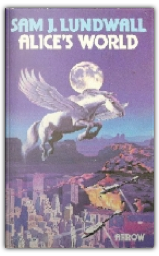
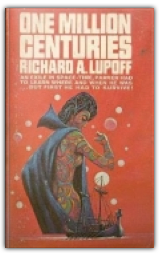
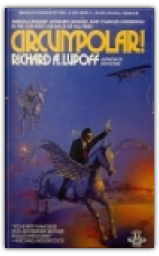


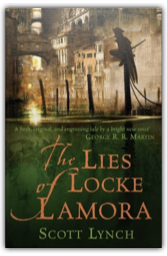
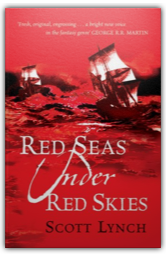
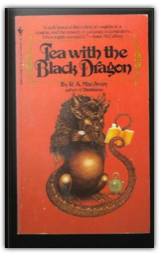
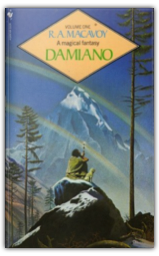
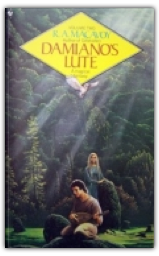
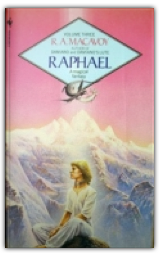
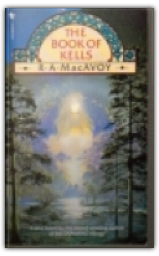
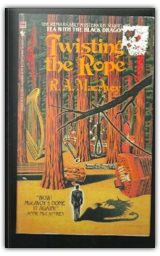
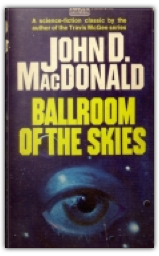


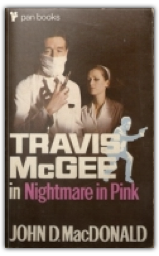

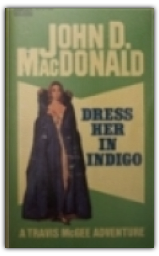






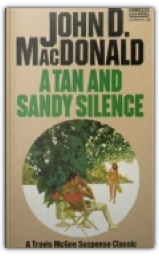



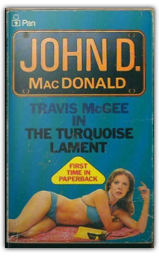
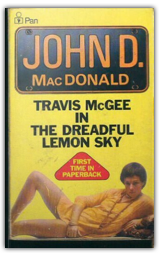
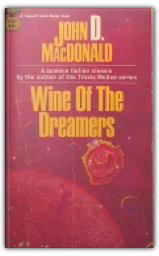

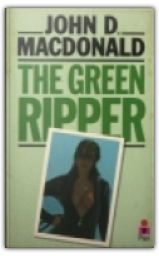
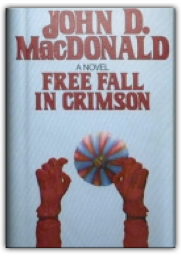


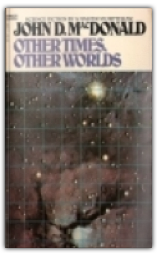



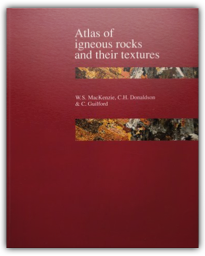
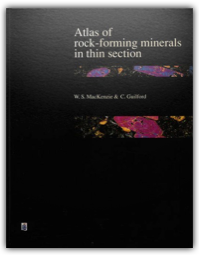
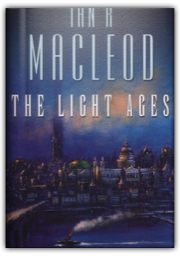
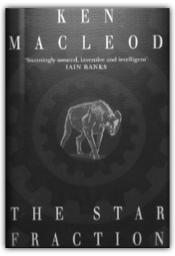
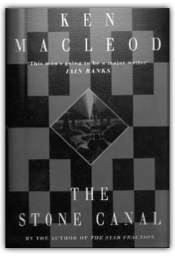
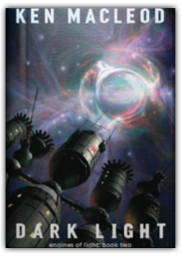
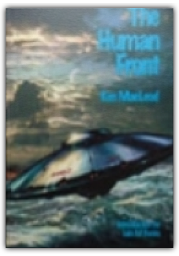
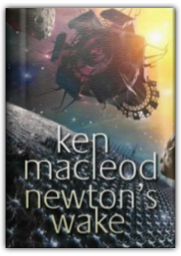
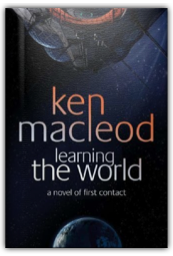
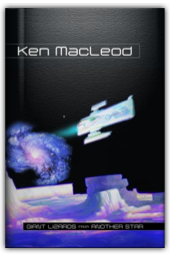
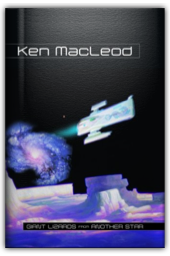



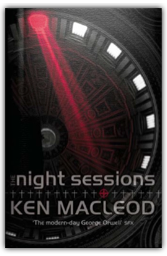
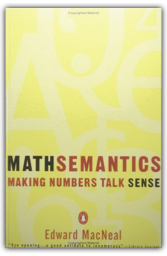
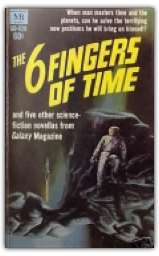
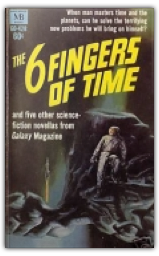


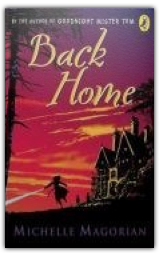

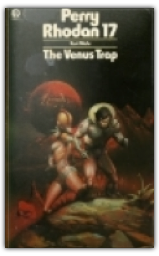
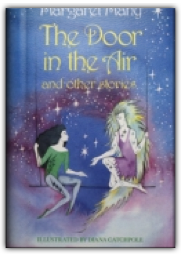

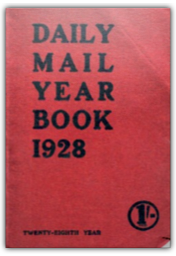
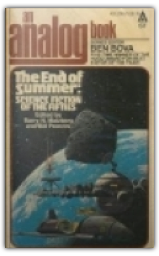
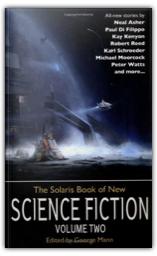
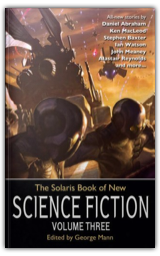
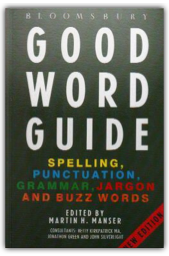



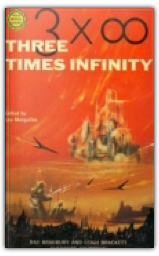
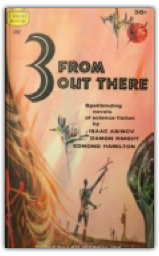
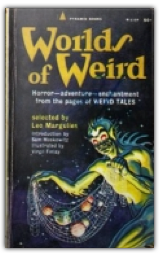


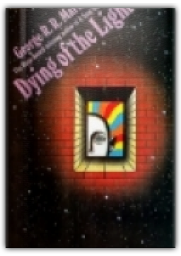
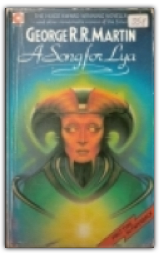
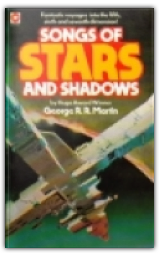
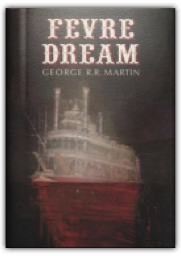
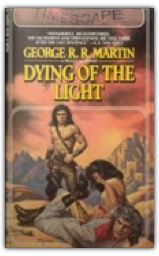
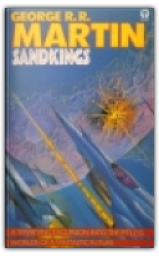
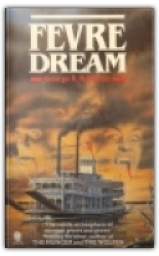
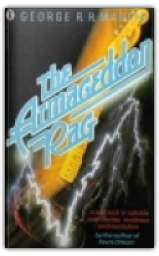

 Made with Delicious Library
Made with Delicious Library